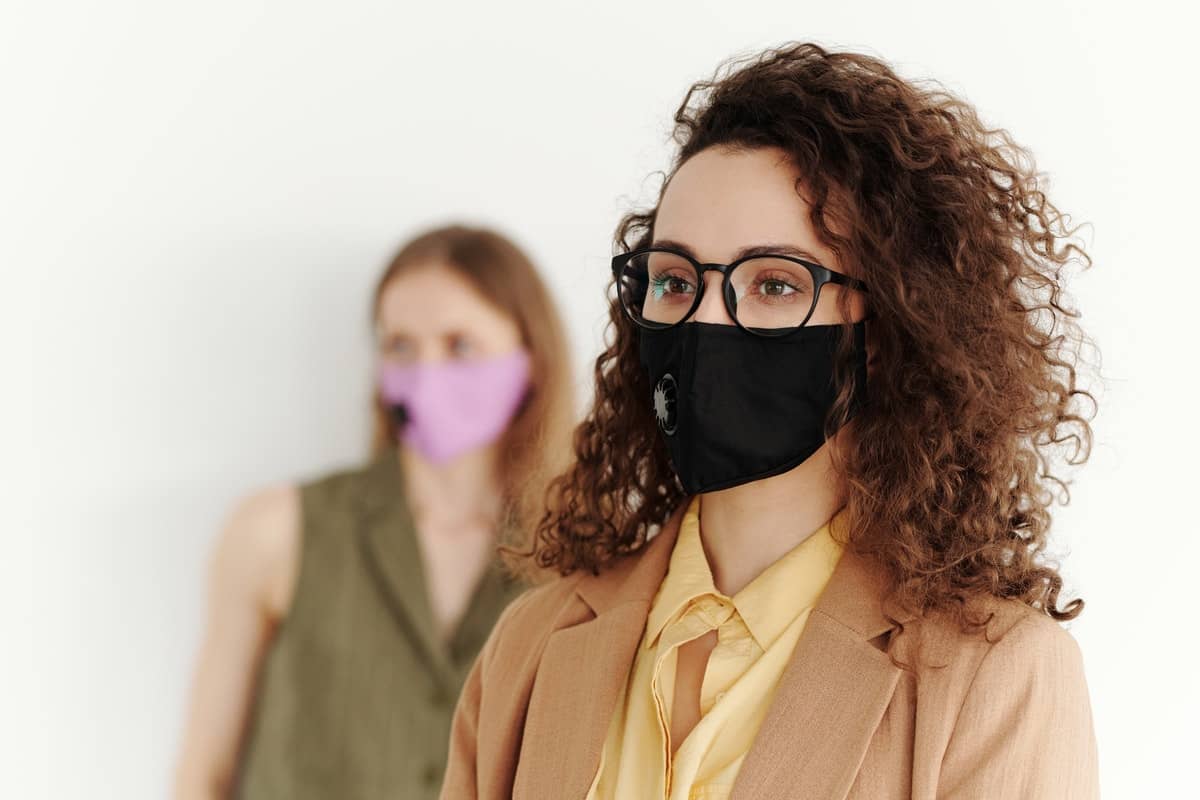We probably don’t think often enough about How To Relax Your Eyes. Unless you’re dealing with glaucoma, cataracts, or a common, but annoying, condition like pinkeye, you probably don’t give your precious oculi a second thought. Even people who wear glasses or contacts might assume their usual routine is working just fine. But eye disorders tend to appear in later adulthood—more than 3.3 million Americans over the age of 40 are considered legally blind or have low vision—and the key to prevention is adopting healthy habits as soon as possible.
There are simple things you can do every single day to guard your eye health. Here are some ways to keep your most visible assets functioning at their best.
Table of Contents
Take A Screen-Time Breather
We’re spending more time looking at screens and digital devices these days than ever before. Think about how frequently you’re looking at your smartphone, desktop, laptop, television screen, and/or tablet. Remind yourself to take a 20-second break from staring at your screen-of-the-moment every 20 minutes. Focusing your eyes on that glowing device for too long can lead to blurry vision and trouble focusing. It can actually cause something called computer vision syndrome, which can involve headaches, dry eyes and neck, and shoulder pain. Ouch!
Have a Little Caffeine
For coffee drinkers, a moderate amount of caffeine may be doing your eyes a favor. Studies have shown that it can significantly increase your ability to produce tears and fend off dry eye syndrome, which may not sound serious, but it can manifest as scratchy or burning sensations or a stringy mucus.
Keep Contacts Clean
Putting a visibly dirty lens in your eye is an obvious no-no. But do you know the best way to clean your contacts? Rub a generous amount of cleaning solution on each lens. Never use water or saliva! After rubbing the lenses with your fingers, rinse them with some additional solution. Don’t wear contact lenses for more than 8 hours a day and be sure to wash them properly before storing them. Otherwise, they can become contaminated with harmful bacteria.
Maintain Healthy Habits
You might not think that exercise can affect something as seemingly unrelated as your vision, but studies have shown that physical activity seems to protect the retina. If you don’t already take a daily walk or jog, you should aim to reap the benefits of cardiovascular exercise as much as possible by scheduling regular workouts. What’s more, smoking can be bad for your baby blues (or greens or browns). Beyond the immediate irritation that the smoke itself can cause (itchy, red, even watery eyes), lighting up contributes to your risk of age-related eye problems. So ditch the ashtray and lace up your sneakers instead.
Put On Shades
Wear sunglasses, even when it’s not overly bright outside. This means putting on specs all throughout the year—not just during the summer season. Your shades should block 99-100% of UVA and UVB rays. UV exposure can damage the cornea, lens, and other eye parts, leading to cataracts and macular degeneration. And when choosing a style, pick one with maximum coverage. Close-fitting, wraparound sunglasses are best to protect your eyes and the skin around them.
Eat the Right Foods
We all know that carrots are good for eyesight, but there are plenty of other foods that can help promote good eye health. Fill up on omega-3 fatty acids, zinc, and vitamins C and E to protect yourself from cataracts and macular degeneration. To get your fill of omega-3 fatty acids, try salmon, brussels sprouts, and walnuts. For zinc, eat beans, whole grains, and spinach. To get a healthy dose of vitamin C, nosh on grapefruit, strawberries, or red bell peppers. And snack on almonds, tomatoes, and avocado for vitamin E.
Don’t Skip Eye Exams
Whether or not you’re near- or farsighted, you should make an appointment to see an eye doctor every two years if you’re over the age of 40. Children should have basic eye screenings every year during their regular checkups. Adults in their twenties should go at least once and adults in their thirties should go at least twice in their respective decades. Most eye problems are age-related, so it’s wise to get yours periodically checked.




